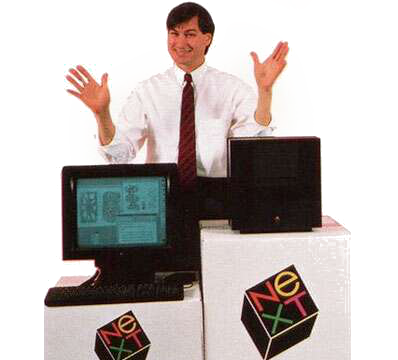Why startup is called Fail Forward? is it really that hard?
- Chang Liu
- Jun 26, 2020
- 4 min read
Updated: Aug 23, 2021
Startup is the longest learning. After you get your BS degree, after you get your Ph.D. degree, after you are a terrific "tech guy", you still have much much to learn.
Yes, experience is only teacher. After you read ALL books on earth, you read the real world. Startup is a skill. You don't learn driving by reading books.
When you plunge and launch, there is no perfect launch. Just go ahead and fail. Dare to fail, it is called entrepreneur for a reason. Entrepreneur is "risk taker", not "chance taker'.
The learning after is not from books or coaches. You are your own coach now, and the textbook is called 'failures".
Life is a much thicker book than all your teachers have read.
Life's barriers are invisible. Hence risks are invisible. Only experience can tell someone the barrier is there.
Life has two books. The book of rules, and the book for breaking rules. The first book is printed. The second book is lived. The first book is about opportunities, the second book about road blocks (many man made on purpose in history). Startup is about closing the first book and move on with next phase, whose success has nothing to do with the success of first phase.
The first book ends in the title of "doctor professor", the second book ends in "entrepreneur". The first book you are a nerdy reader. The second book you are a seasoned philosopher and jack of all trade wise man and doer.
Failure is not mistakes. Many people's biggest failure is not to make failures. Biggest risk is not to know there are risks.
Failure is necessity for learning. Because you are learning HOW TO FAIL.
Getting knowledge from teachers is not success. Real knowledge is things people not willing to teach you - that is, "how you can fail". Failure is the building blocks of success - as success is defined as "knowing every way things can fail in real life". For adult entrepreneurs, the scars are the signs of success. Failures keeps coming and coming. The secret to success is to fail fast.
There are 2000 ways for a company to fail. If you only know 1900 of them, you fail. Most pitfalls or speed bumps are man-made - they are not sensible and logical.
Real learning is experiential learning. You learn from failures, on the fly. You learn where all the skeletons are buried.
Valuable knowledge are the ones no one will teach you.
Good judgement only comes from experience. And much of that comes from bad judgement.
The life book is much much much thicker than you thought. You journey beyond the realm of teachers.
Failures and personal experience of it, is the magic ingredient of success. All successful people hide their failures afterwards - but there is always the first learning.

To be successful, you must have tried every way to fail. There is no magic shortcuts.
There is no vacuum in business.
A vacuum is either a desert or extremely (too) early.
You need to stay alive by winning love from people, we call them customers.
You must compete.
You must experience (or know) all modes of failures in order to win. (It is like playing a computer game and advancing levels).
You must win adoration, which is we call success and relevance.
So go ahead and make the first significant mistake. Many to follow, but this is life. In the end, you understand who you are by seeing how you react to experiences, and that is the meaning of life.
Good judgement comes from experience, which invariables comes from bad judgement.
The books you read is like the skeleton. The failures the muscle, and experience the blood.
Even for famous entrepreneurs, serial entrepreneurs, their first time is always a failure. Edison's first invention failed. Kurt Petersen's first attempt failed. Many people don't know about this because the media only discusses the glorious successes later.
See link.
Failure teaches a man (1) the frame work of the nature of things; (2) growth: we grow and mature; (3) knowledge: it is first hand experinece when you Practice Knowledge and test you command of knowledge.
In life, it’s necessary to fail. Failure is a steppingstone.

“I’ve missed more than 9000 shots in my career. I’ve lost almost 300 games. 26 times, I’ve been trusted to take the game winning shot and missed. I’ve failed over and over and over again in my life. And that is why I succeed.” — Michael Jordan
Same thing what Edison said. Just throw up junks. Same thing Steve Jobs did, from Newton to Lisa, he keeps on trying.
If you throw up a ball and it misses, it is your training, not a failure. The more you fail, the more you succeed.
Good inventors fail all the time. Bad inventors fail only once.
Failure is just finding ways that don't work. It is not a subpar performance, not "wrong", "bad", defeat, not loss, not unsuccessful. It is just one step closer to success.
A startup is like sailing a boat into the ocean. Only AFTER you launch would you find that the presence of holes. The holes are undetectable when you are on land.
Any hole can sink a boat.
Other links to articles about startup failures and how to "embrace" them.
Real cases of startup failures
Top reasons beginners fail
For startup, the first failure is mandatory and it is the success!
Why companies start for 3-4 years before they fail?
Top 10 Indian startups that closed in 2019








Comments